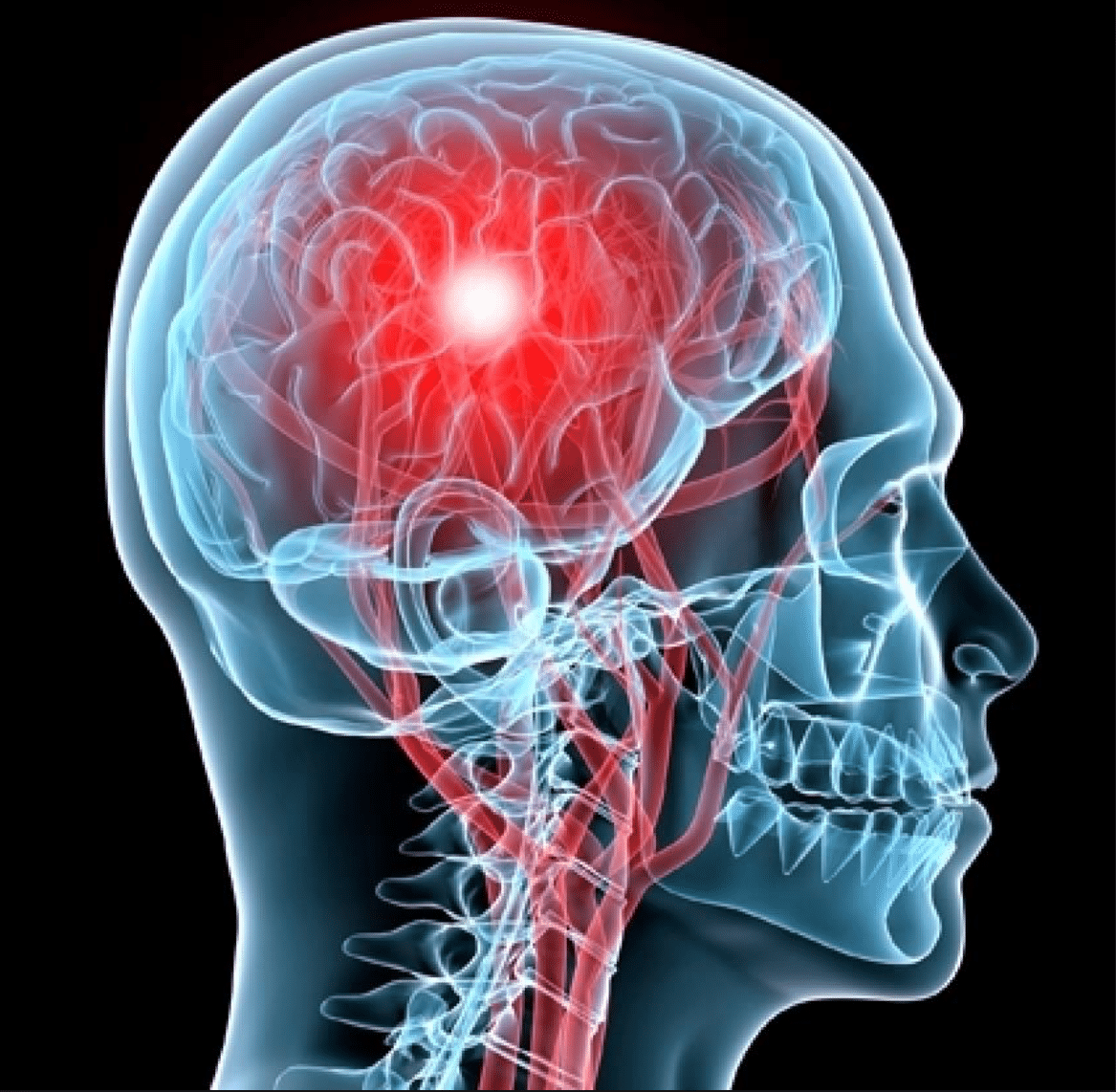
Concussions are a difficult injury, it is known as the “invisible injury”. There are no clear-cut tests to determine with 100% certainty that a concussion has occurred, and there is not always visible evidence of an injury. You do not use crutches, you do not get a cast, and you do not get a sling – often people will suffer silently without others knowing you have an injury. The symptoms are variable, and range in severity. Unlike in other injuries people cannot obviously see you are recovering from a concussion, and may not understand why it took you a bit longer to pay for grocery bill, or why you got upset or emotional at an inappropriate time.
For a concussion to occur a direct blow to the head does not need to occur. While this is a common mechanism of injury, a concussion can also be obtained from any force experienced in the body that can jolt brain, such as a fall on the buttock. As well, a loss of conscious is not required for an incident to have caused a concussion.
The first 72 hours after a concussion is suspected, an individual requires complete physical and cognitive rest. This includes refraining from using computers, cell phones, watching television, reading, homework, recreational activities, sports, and situations that will require attention and concentration. This will allow time for the brain to heal and repair. This often means staying home from school and work. After 72 hours, activities can be reintroduced that are safe and are not associated with a risk of another injury. It is important not to re-aggravate symptoms, and must be carefully added to a tolerable level. It is recommended to consult a practitioner to help guide appropriate reintroduction of activities.
A common misconception after a concussion is to refrain from lights, and to hide in a dark room; however, this is not the case. It is important to be exposed to natural light during the recovery phase. If symptoms are severe, sunglasses can be used, but try to wean off this as early as possible to avoid a dependency on glasses. Try to get outside a few times a day, and once awake let natural light into the room. It is also important to participate in allowable activities in tolerable doses. Recovering from a concussion can be isolating which can negatively affect one’s mood, and slow recovery. In most cases, allowed activities include light exercise such as walking in a non-busy environment 10-20 minutes twice a day; listening to music, audio books and podcasts; light house chores; relaxing baths; and mediation. Guidance on individualized allowable activities are specific to each case, and it is best to consult a practitioner.
Sleep patterns are typically disrupted when a concussion has occurred, and getting back to a proper routine early on will be beneficial. Following a regular sleep routine is helpful at ensuring adequate rest. In most situations it is not required to be awaken throughout the night during the first 24-48 hours post concussion. Try to go to sleep and wake up around the same time every day, and limit daytime napping. If having difficulties falling asleep, winding down 1 hour before bed time with activities such as meditation, or a relaxing bath can help.
Diagnosis of a concussion is made through taking several factors into consideration, such as how did the injury occur, what happened right after the injury, and what symptoms does the person now present with. Typical recovery occurs within 3 weeks; however, recovery can persist from days to weeks, to even months, and if not properly treated immediately after the incident can lead to permanent impairments. The most important part of recovery is early recognition that a concussion may have occurred, early initiation of treatment, and following a strict protocol right after the injury with avoidance of re-injury for 30 days.
JoAnne Gratton
MSc PT – Physiotherapist
Shift Concussion Provider
JoAnne is one of Deep Physio’s Shift Concussion Providers. Deep Physio’s receptionist staff are trained to give initial concussion advice. We provide Impact Tests for baseline, and post concussion for both the adult, and peadiatric populations. Deep Physio has the trained professionals to help with your concussion recovery.





